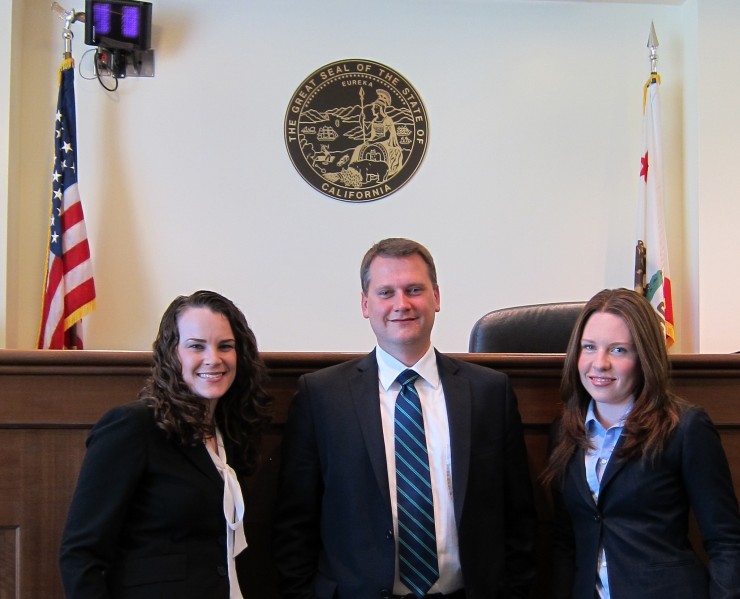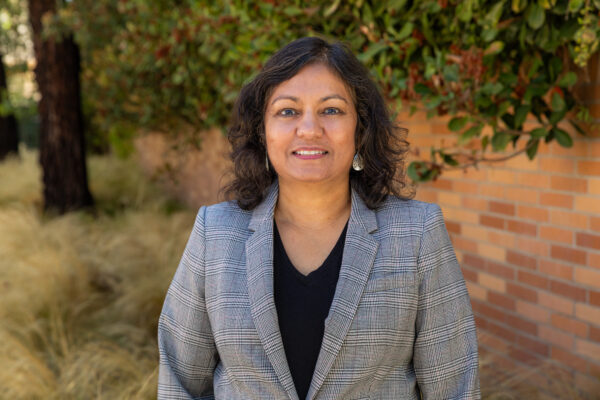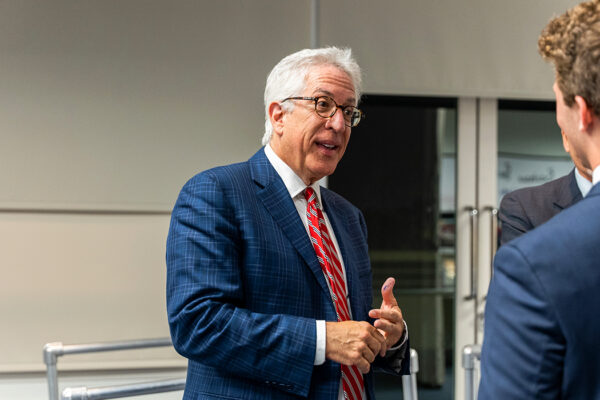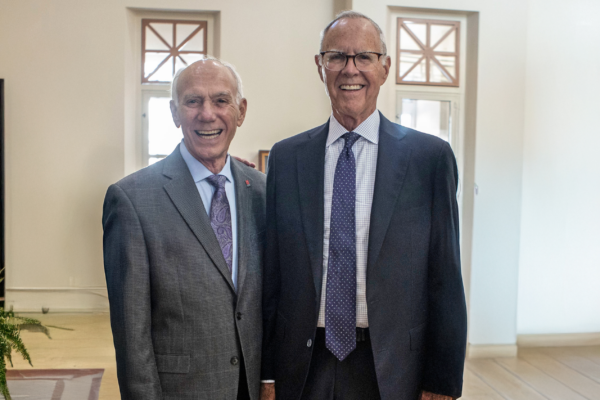
A team of students from the Dale E. Fowler School of Law has advanced to the finals of the country’s largest moot court competition, where they will be among the best law school teams in the nation competing for the national title.
Jonathan Cayton (J.D. ’14), Jaryn Saritzky (J.D. ’14) and Dallis Warshaw (J.D. ’14) will travel to Chicago next month to participate in the finals of the American Bar Association’s Law Student Division National Appellate Advocacy Competition.
The students dedicated their spring break to practicing and continue to work on the hypothetical case created for the competition, but they say that they relish such challenges. Each has previous experience at other moot court competitions, and both Warshaw and Cayton were part of the Fowler team that went to nationals last year.
“It’s intense. Serious. I’ve never argued in front of the Supreme Court, but I imagine it’s the same intensity and nervousness as if you were,” Warshaw says. “Everyone who competes at the national level is the best that their school has to offer.”
This year’s mock dispute involves the use of unpaid interns under the Fair Labor Standards Act and the reach of the Computer Fraud and Abuse Act. The Chapman team won its national spot at the late-winter regional competition held in Las Vegas. Another Fowler team, Andrew Mase (J.D. ’14), Stephanie Lincoln (J.D. ’14) and Amanda Herman (J.D. ’15), was also among the top eight teams there, making Fowler the only school to have two teams advance to the regional’s final rounds.
The team is prepared to act as either petitioner or respondent. Whichever role they’re assigned, the approach is the same, says Warshaw.
“You just have to remember to fight for your client, even if they’re a fictional client,” she says. “They usually respond well to that.”




Add comment